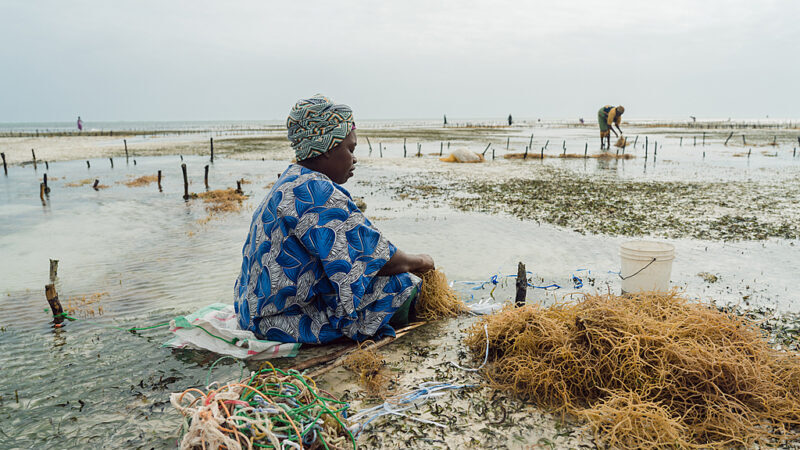While most attention is on fossil fuels, the US is blocking progress on an adaptation playbook, a matter of life or death for many Africans
Although the phase out of fossil fuels has got most of the attention at Cop28, the outcome that will likely make the biggest difference to most people on the planet in the short- and medium-term is if countries come to an agreement on the global goal on adaptation.
This global goal is a playbook for how the world is going to adapt to a climate that is changing rapidly and will continue to change, even if we ended fossil fuel use today. Across the world millions of people, most of whom are least responsible for carbon emissions, are attempting to adapt their lives and livelihoods to a distorted climate.
This adaptation playbook is about more than money. It covers adaptation plans for a host of sectors, including farming, nature, health, water and transport among others. To be useful, this playbook needs a series of targets to plan actions, track investments and assess the effectiveness of adaptation measures and spending. These metrics need to specify what changes are needed to be in line with the science, by when and how to measure progress.
Funding gap
Although it isn’t just about money, funding is important and severely lacking. The goal for 2023 was to raise $300m for the Adaptation Fund, but at Cop28 we’ve only seen $169m in pledges, a mere 56% of the intended amount.
This is particularly galling considering that only last month, the UN’s Environment Programme published its Adaptation Gap report which calculates the difference between the world’s adaptation need and the amount of finance that has been committed. It found that this gap stands at around $387 billion. This is 10-18 times the actual finance flows to the countries and 50% more than the previous estimate.
Considering emissions are still going up, it’s a travesty that adaptation spending is falling. We are on course for a humanitarian crisis if this adaptation funding doesn’t match the rise in emissions. And adaptation finance is great value for money. As Barbados prime minister Mia Mottley pointed out at Cop28, every $1 invested in adaptation saves $7 in loss and damage.
For example, small-scale family farms are especially vulnerable and need urgent scaling up of adaptation finance; 2.5 billion people rely on them for a livelihood. They produce a third of the world’s food and as much as half of the calories consu
Read More

